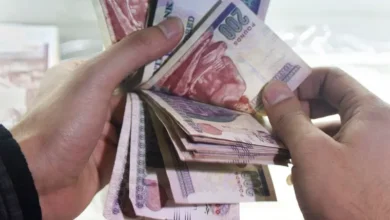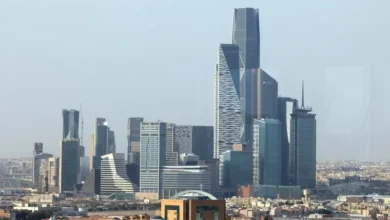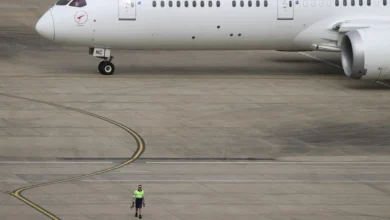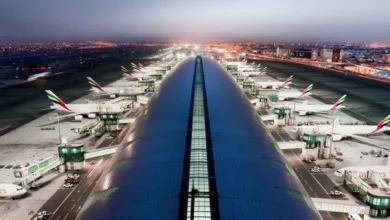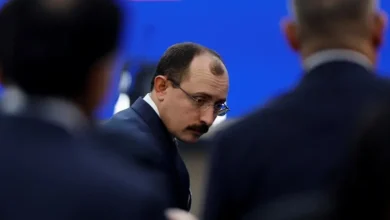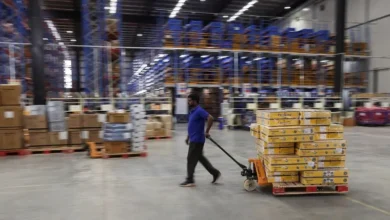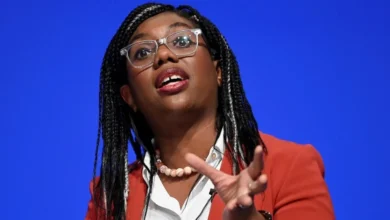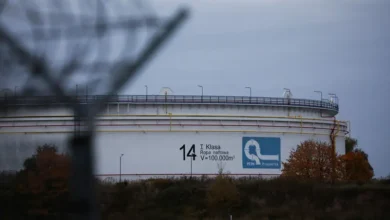Meloni sees Italy growing faster than EU partners this year, contrary to predictions
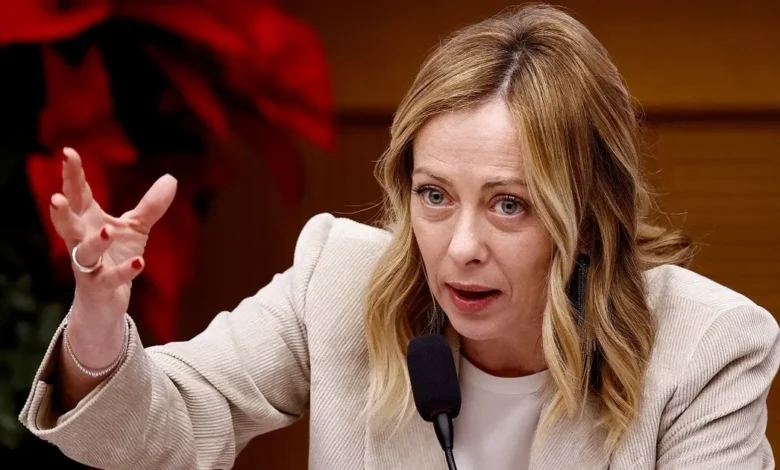
Prime Minister Giorgia Meloni said she sees scope for Italy’s economy to grow faster than the European Union average this year, despite the bloc’s executive predicting a lower performance for the country.
The country’s first female premier, 46, spoke at a lengthy news conference on Thursday originally planned as an end-year event. It was twice delayed for health reasons.
“We don’t know how the economy will develop this year, growth will however be above the European average,” Meloni told reporters in Rome. She added on interest rate moves by the European Central Bank: “I trust that this year we can envisage a reduction of interest rates.”
Meloni has entered 2024 having escaped the threat of a down-grade of the country’s debt to junk, and with the spread between German and Italian bond yields close to the lowest since she took office. Italy has also avoided censure from the European Commission for loosening its fiscal stance, even as extra spending meant that its deficit as a percentage of gross domestic product won’t fall below the EU’s limit until 2026 — a year later than planned.
The European Commission, the EU’s executive arm, sees the bloc growing 1.3 percent this year, according to its most recent forecast. It predicts just 0.9 percent growth for Italy.
The Bank of Italy has cut its growth forecast for the euro area’s third-biggest economy for next year due to tighter monetary and credit conditions for both families and companies.
Gross domestic product is expected to have risen 0.7 percent in 2023 and just 0.6 percent in 2024. That leaves Meloni struggling to find resources to keep promises to voters while at the same time continuing to reduce debt levels which are at a whopping 140 percent of economic output.
Meloni defended a windfall tax on banks, saying her government was the first Italian one to tackle unfair margins. She faced a setback over her promise to raise $3.2 billion (€3 billion) in fresh tax-es from the banking industry after some of the country’s biggest lenders said they will avoid paying the levy.
Meloni reiterated Italy’s plans to sell assets worth €20 billion to reduce its debt. She said her government could sell a further stake in Poste Italiane SpA, without losing control of the company, and would also consider privatization of the national railways service Ferrovie dello Stato SpA.
Her premiership has been marked by controversies over recent weeks, with her right-wing coalition partners divided over issues including a budget law and the government’s relations with Brussels ahead of European Parliament elections in June.
Meloni’s Brothers of Italy party and its biggest partner, the League, voted to reject ratification of a European Union bailout fund last month, dragging out a populist clash with partners in the bloc that is isolating Italy. Forza Italia, the junior coalition partner, abstained in the vote on the European Stability Mechanism.
The premier said priorities for Italy’s presidency of the Group of Seven nations, which has just begun, would include artificial intelligence and Africa — the latter issue in line with her attempts to counter illegal immigration from across the Mediterranean.
